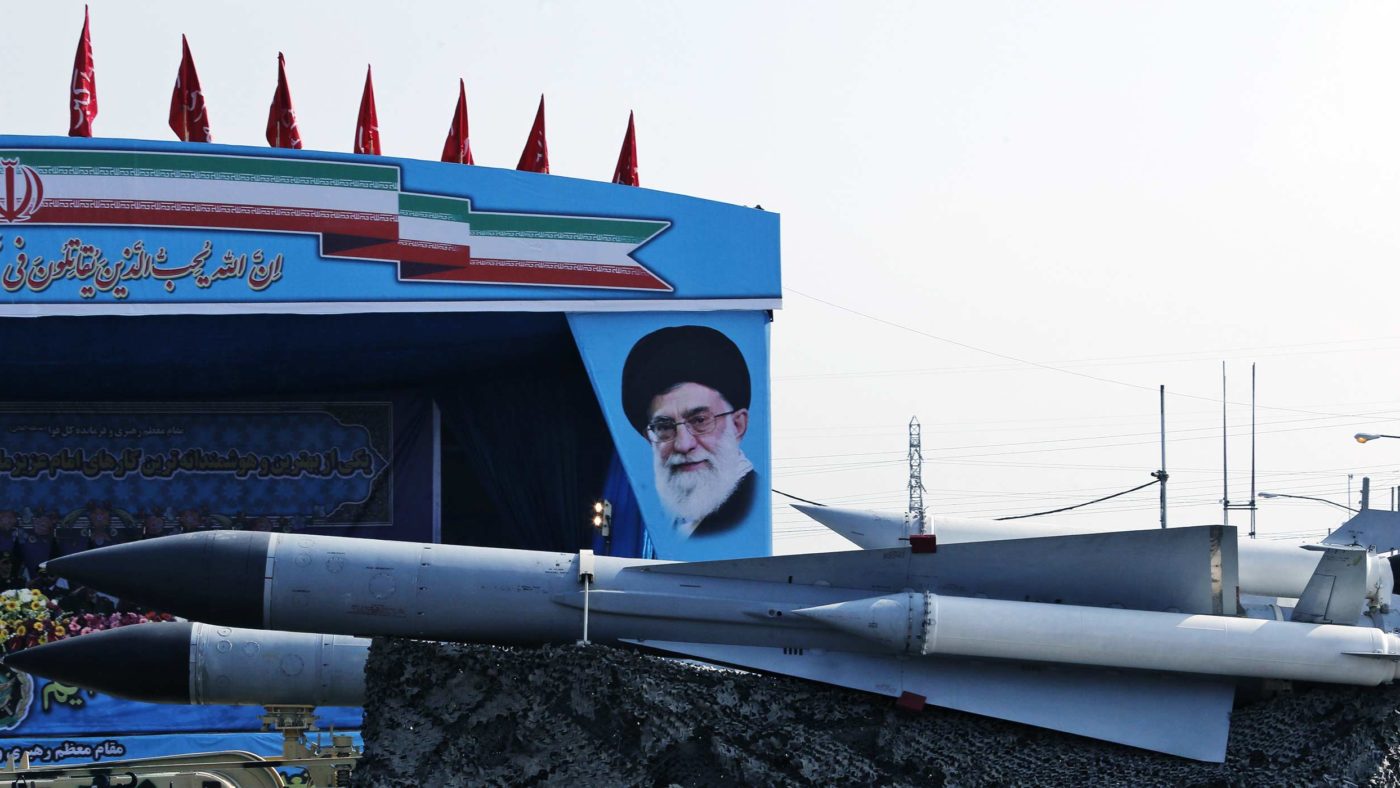Ignore the posturing, the PR brinkmanship and the ‘arms-length influence’ of US foreign policy, as European efforts to negotiate a return to the so-called Iran Nuclear deal intensify this week in Vienna. This political deal will be back – President Biden said as much on the campaign trail last year when he called it “a smart way to be tough on Iran” – and colleagues in the UK and European intelligence and counter-terrorism community are fearful. So you should be.
The political perception of Iran is clear. It is a state which suppresses freedom of expression and cracks down on protests with brutal efficiency. More prisoners are executed in Iran than anywhere else in the world, including high profile opponents of the regime like Iran’s own champion wrestler. The regime detains thousands of political opponents, as well as religious and ethnic minorities; the UK knows this as well as anyone, given that Nazanin Zaghari-Ratcliffe has just been sentenced to another year in jail on charges of propaganda against the regime. Her continued imprisonment (or hostage-taking) shows no sign of an ending. What an absurdity it is that Iran currently chairs the UN Commission on Women’s Rights.
The intelligence perception of Iran is even clearer. We see it as a rogue state which fights proxy battles, funds extensive terror networks and strategically caches bombmaking ingredients for future use covertly around the world, including in London. The former US Acting Secretary of State for Defence confirmed as much when he stated openly that Al-Qaeda’s Command and Control is now in Tehran.
That’s why the casual labelling of the Joint Comprehensive Plan of Action (JCPOA) as the “Iran Nuclear deal” is misleading. Yes, the deal itself is designed to delay (not prevent) Iran’s nuclear weapons ambitions, but it also enriches commanders of the Islamic Revolution Guard Corps (IRCG) who finance and orchestrate Iranian aggression abroad. I barely go a week without a colleague inside the European intelligence community chastising JCPOA’s main proponents – particularly the UK, France and Germany – for continuing to give Iran a free pass. It’s easy to see why.
Earlier this month, Iran’s extensive European spy network, spanning 22 cities, was revealed by the Jewish Chronicle. This followed the recent conviction of Iranian diplomat Assadollah Assadi for plotting a failed bomb attack on an anti-regime rally in Paris in 2018. That event was due to be attended by a number of international luminaries, including the UK’s then Environment Secretary, Theresa Villiers. Assadi, who was sentenced to 20 years in prison this February, was said to have used diplomatic immunity to smuggle the bomb on to a commercial flight from Tehran to Vienna. It’s a bitter irony that Vienna is now the staging post of a deal weighted in Tehran’s favour.
As I wrote in these pages last year, Iran’s orchestration of proxy battles has intensified significantly. Without Iranian financial, operational and military support, the Houthis in Yemen would not be able to wage war within the poverty-stricken country and further afield to Iran’s enemies in Saudi Arabia and the UAE.
Hezbollah – an outlet of Iranian aggression with Israel – is no longer confined to the Middle East. In 2015 it was caught stockpiling tonnes of ammonium nitrate – the same explosive material that caused the massive 2020 Beirut explosion – on the outskirts of London. MI5 and MI6 believed this was part of an international plot to lay the groundwork for future attacks.
Tehran also continues to plot political assassinations in Europe. In my home country, the Netherlands, two Iranian diplomats were expelled over connections to political assassinations in 2015 and 2017; and in Germany, they have had huge problem with the presence of Iranian spies, including convicting an Iranian asset who was identifying potential attack targets for the IRCG. Yet, since the early 1990s European governments have been muted in their response to naked aggression on our continent. What makes Iran so different?
It’s little wonder the Ayatollahs feel emboldened. Despite a litany of major security threats to UK and European citizens, the negotiators returned, cap in hand, in Vienna to begin drafting proposals for Iran to return to compliance with the JCPOA. Biden’s national security adviser, Jake Sullivan, has already confirmed that “a new understanding” was emerging from the talks focused on “compliance for compliance.” So confident are the Iranians of Western appeasement, they have called for all sanctions imposed under the Trump regime to be lifted, including those completely unrelated to its nuclear programme.
President Biden’s labelling of Iran in 2015 as just a “bad regional actor” has never looked so tame. UK and European governments must be clear. A fully-fledged return to the JCPOA would mean a temporary halt to the Ayatollah’s nuclear ambitions. Yet with the same hand, Iran would receive an influx of cash that will eventually find its way into the hands of extremist and terror groups based in Europe and elsewhere. In Paris, with Mossad’s help, we got lucky in preventing an Iranian bomb on European streets. This deal increases the security threat we face. It makes our job harder, not easier. No wonder Europe’s intelligence community are up in arms.
Click here to subscribe to our daily briefing – the best pieces from CapX and across the web.
CapX depends on the generosity of its readers. If you value what we do, please consider making a donation.


